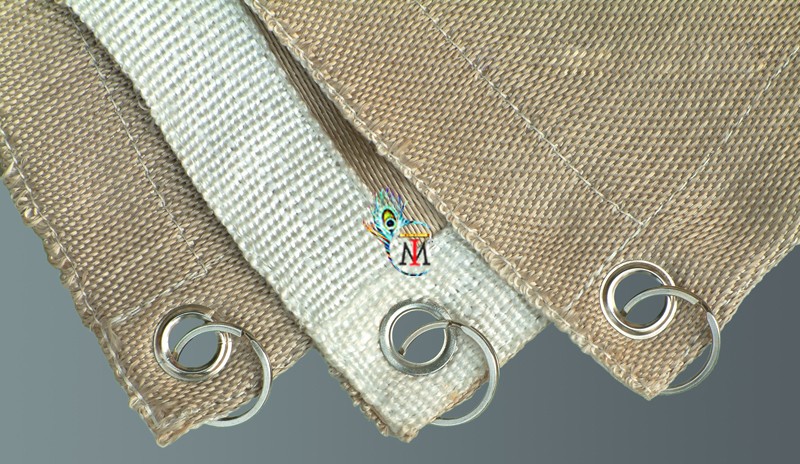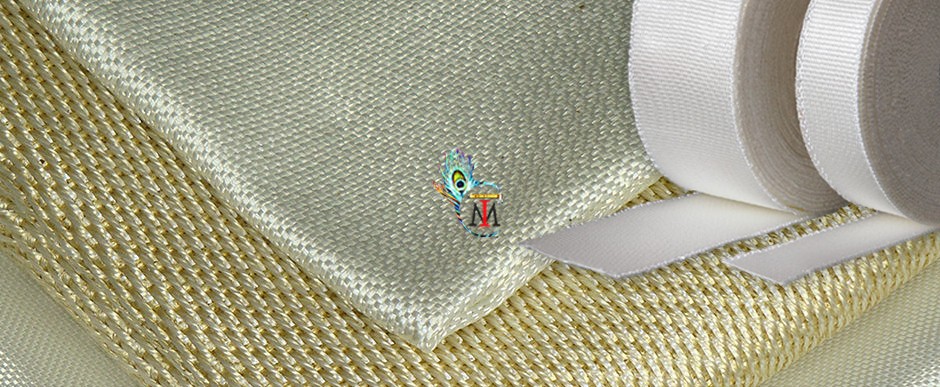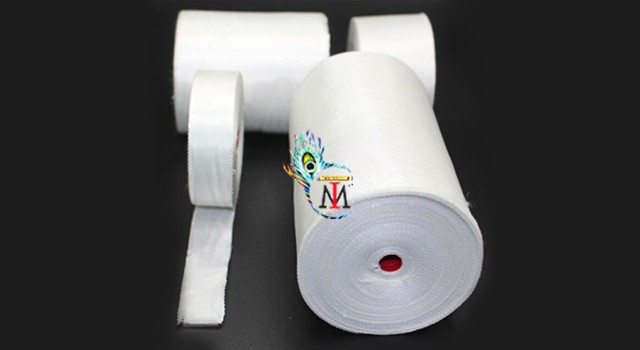By
Asbestos & Non-Asbestos Heat Insulation Products
MAP Brand Fiberglass Rope is braided from texturize fiberglass yarn to form a solid packing. The rope has a smooth textured finish, thus, reducing skin irritation which is a major drawback with other Fiberglass Rope available in the market.
The Glass Fiber Ropes are also available with Metal Wire inserts, graphite based dispersion and with impregnation of mineral emulsion.
| APPLICATION |
Used as static/door seals in Boilers, Stoves, Ovens, Reformers, chemical/glass/coke furnaces, Klin car seals, expansion joints in buildings & industries, Radiant Tube Packing for Heat Treat Furnaces, seals for boiler sections, heat exchangers & thermocouple tubes, dummy bar seals, insulation of pipelines, vessel etc. and for any general purpose thermal insulation and sealing. |
| SIZES |
6mm to 100mm |
| SHAPES |
Round, Square & Rectangular. |
| PACKING |
5 Kg per coil. |
| MAXIMUM WITHSTANDING TEMPERATURE |
550 Degree C |
| pH RANGE |
0-14 |
| THERMAL CONDUCTIVITY |
0.30 W/mK at 550 Degree C |
| COLOR |
White |
FAQ
Asbestos is a naturally occurring mineral that was once commonly used in a variety of building materials for its heat-resistant and insulating properties. However, it has been linked to a number of serious health conditions, including lung cancer and mesothelioma, when its fibers are inhaled. As a result, many countries have banned the use of asbestos in new products.
Non Asbestos heat-insulating products are made from a variety of materials, including ceramic fibers, glass fibers, mineral wool, foam insulation, etc. These materials can be effective at insulating and reducing heat transfer, but do not pose the same health risks as asbestos.
It can be difficult to tell if a product contains asbestos just by looking at it. If you are concerned that a product in your home or workplace may contain asbestos, it is best to contact a professional asbestos abatement company for testing and guidance on how to safely remove or mitigate any asbestos-containing materials.
Non Asbestos heat insulating products can be just as effective at reducing heat transfer and improving energy efficiency as those containing asbestos. In fact, many non asbestos products offer additional benefits, such as being easier to install and having a longer lifespan.
In general, Non Asbestos heat insulating products are considered safe to use as long as they are installed and handled correctly. It is important to follow the manufacturer's instructions and take proper precautions, such as wearing protective clothing and equipment, when working with these products.













